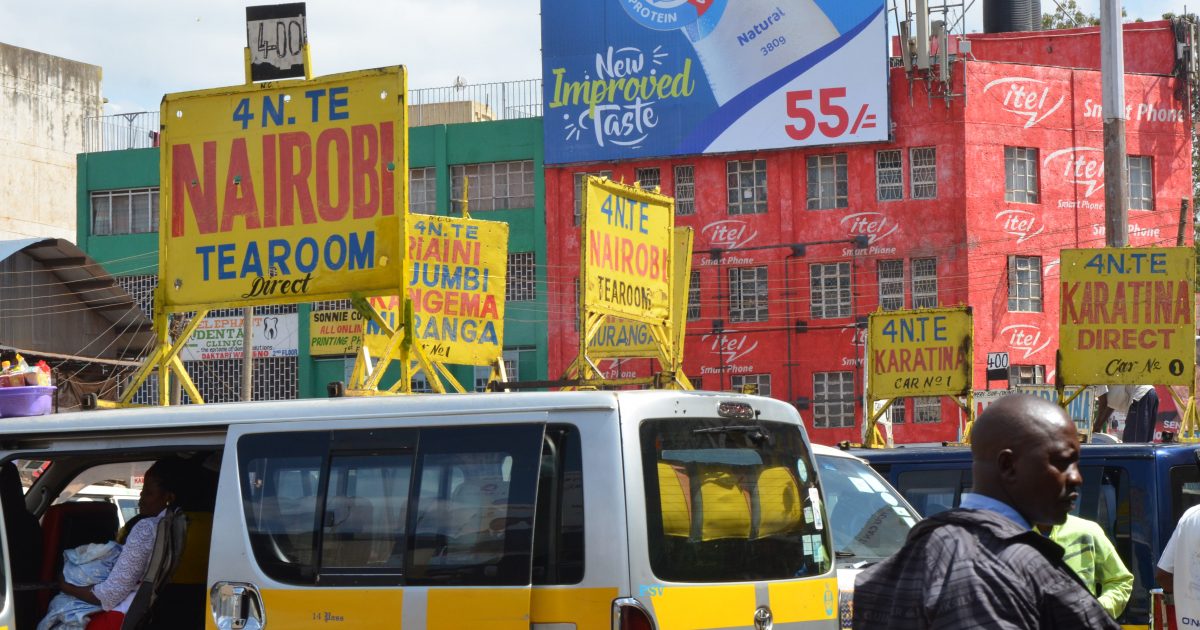The standoff between matatu operators and hawkers in Nairobi’s Central Business District (CBD), which unfolded Thursday morning, was successfully resolved following a crucial meeting convened by Nairobi County leadership.
Led by Dr. Machel Waikenda, Nairobi City County Chief Officer of Economic Planning (Mobility), the meeting brought together representatives from both groups to address the ongoing tensions.
According to Dr. Waikenda, the discussions resulted in a significant agreement for peaceful coexistence between the two parties.
“We have agreed with representatives from both sides to co-exist. Relocating hawkers to the backstreets does not mean matatus should vacate. Both parties must collaborate to ensure order for the betterment of the city,” he emphasized.
Also speaking to the media, Francis Gachanja, Chairman of the Hawker Association, confirmed that both groups had agreed to work together to maintain cleanliness in the designated corridors.
“We have committed, together with the county representatives and matatu operators, to ensure order and cleanliness in our assigned areas,” reaffirmed Gachanja.
The resolution comes after Nairobi County Secretary Godfrey Akumali clarified that the directive issued on January 6, 2025, was not aimed at displacing hawkers; instead, it was designed to create a more organised environment that would benefit everyone.
Further, he stressed the importance of both groups working in harmony, despite the ongoing ban on hawking in pedestrian walkways.
“Hawkers should not occupy spaces meant for matatus, just as matatus should not block pedestrian paths. Both sectors are interdependent, and it is in their mutual interest to follow the county’s regulations,” directed Akumali.
Additionally, he reiterated the importance of maintaining cleanliness, maintaining that both hawkers and matatu operators must ensure hygiene in their designated spaces.
The city’s ongoing cleaning efforts, led by Nairobi City County Governor Johnson Sakaja and supported by 3,500 Green Army personnel, take place every Sunday.
On other days, the city’s cleanliness is maintained through three coordinated shifts—morning, afternoon, and evening.
By Michael Omondi




